John Dodge is an MTV Writer for CBR who specializes in movies, television, comics, and pop culture. He has a deep knowledge of franchises like Mighty Morphin Power Rangers, Teenage Mutant Ninja Turtles, Marvel, and DC Comics, along with a passion for indie and horror titles. An expert on obscure productions from the ’80s and ’90s, John is known for his encyclopedic recall of cult classics like Beetleborgs.
The following contains major spoilers for Binary #1, on sale October 8 from Marvel Comics.
Carol Danvers' other self is back, and she might be a bigger problem than anyone could have possibly imagined.
In a preview of Binary #1 (by Stephanie Phillips, Giada Belviso, Rachelle Rosenberg, and VC's Travis Lanham) from Marvel Comics, readers find a band of freedom fighters in Massachusetts, now part of the Revelation Territories, preparing their next strike. When their bombs go off, the building housing their target goes up in flames, though that proves to be far from enough to even make a dent in the opposition. As it turns out, Carol Danvers was the intended victim of the strike, and now that it has failed, those behind it will face the full fury of a Phoenix empowered Binary.
Binary #1
- Written by STEPHANIE PHILLIPS
- Art by GIADA BELVISO
- Colors by RACHELLE ROSENBERG\
- Letters by VC's TRAVIS LANHAM
- Design by JAY BOWEN
- Main cover art by RICKIE YAGAWA
- Variant covers by DAVID NAKAYAMA; FRANCESCO MOBILI & MORENO DINISIO; IVÁN TALAVERA; and JEREMY WILSON
After years of fighting alongside the likes of the Avengers and X-Men for years as Ms. Marvel, Carol Danvers' life was irrevocably altered when she took up the mantle of Binary back in 1982's Uncanny X-Men #164 by Chris Claremont and Dave Cockrum. After being tortured and experimented on by the Brood, the full might of Carol's powers was unlocked as a result of her torment, leading to her transformation into a whole new kind of blazing cosmic powerhouse. Eventually, Carol would shed her Binary form and persona as part of an overtly convoluted plot.
Decades later, a new Binary would arise in the pages of 2021's Captain Marvel #34 by Kelly Thompson and Sergio Dávilla, this time in the form of an energy duplicate of the original. After being captured by the dreaded Vox Supreme and trapped within a seemingly inescapable prison, Carol used her powers to create a living duplicate of herself capable of freeing her from the outside. Though this energy duplicate was almost immediately reabsorbed by Carol, it wasn't long before she was called upon once more and took on a life of her own as the new Binary. Tragically, this Binary's life ended at the hands of the Brood Empress less than two years after her debut.
Marvel's Age of Revelation brings readers a decade into the future to a vision of the Marvel Universe unlike any they have ever seen, mostly because this is, in fact, the very same Marvel Universe they know best. Rather than offering readers a vision of what could be, the Age of Revelation lorded over by Doug Ramsey, now the heir to Apocalypse known as Revelation, is being treated as a "legitimate future" as described by Executive Editor and Conductor of X for Marvel Comics Tom Brevoort in a recent interview. "This isn't a What If world. These things exist, as far as even the present-day characters are concerned. So, you’ll see a certain amount of reflectivity in what happens," Brevoort added.
Binary #1 goes on sale on October 8 from Marvel Comics.
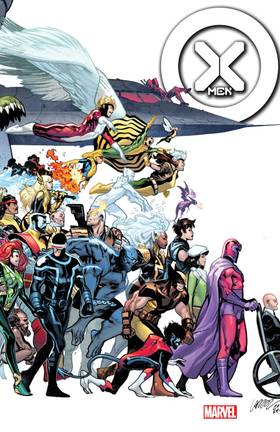 Image via Marvel Comics
Image via Marvel ComicsCreated by Jack Kirby, Stan Lee
First Film X-Men
Latest Film The New Mutants
Upcoming Films Deadpool & Wolverine
First TV Show X-Men: Pryde of the X-Men
Latest TV Show X-Men '97
Since their debut in 1963, Marvel's X-Men have been more than just another superhero team. While the team really hit its stride as the All New, All Different X-Men in 1975, Marvel's heroic mutants have always operated as super-outcasts, protecting a world that hates and fears them for their powers.
Key members of the X-Men include Professor X, Jean Grey, Cyclops, Wolverine, Iceman, Beast, Rogue, and Storm. Often framed as the world's second strongest superheroes, after the Avengers, they are nonetheless one of Marvel's most popular and important franchises.


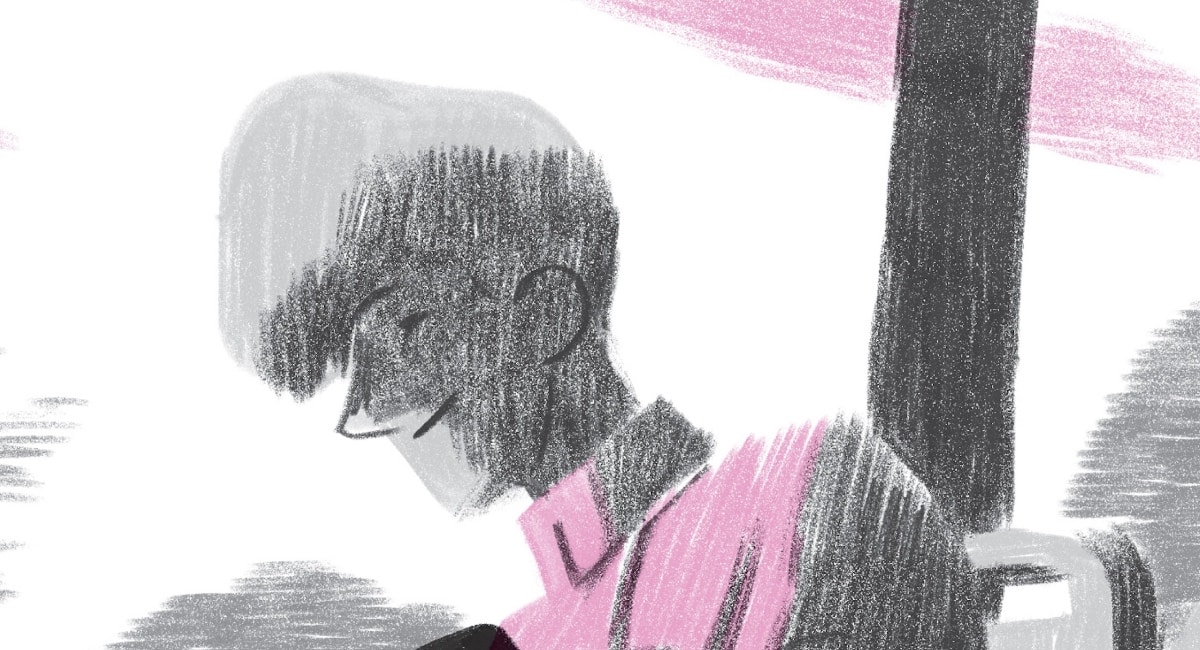

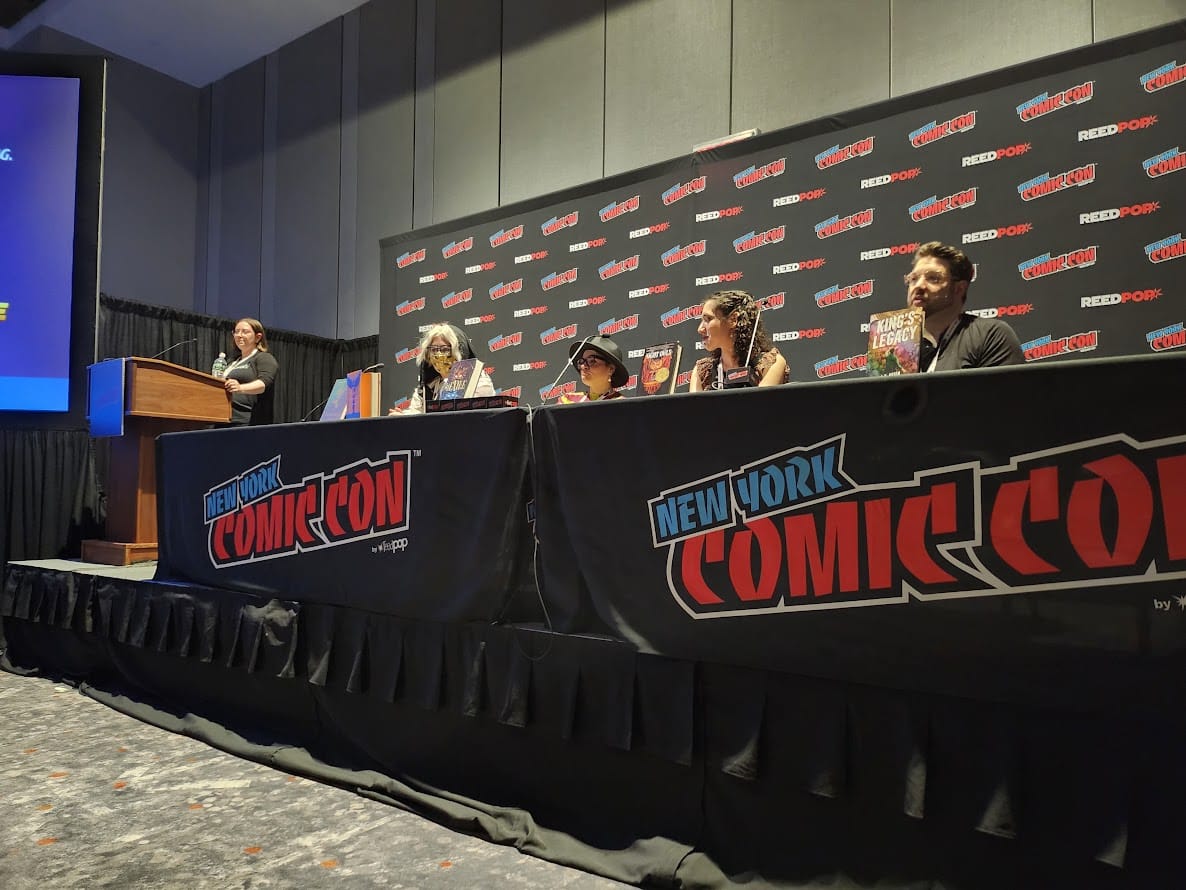



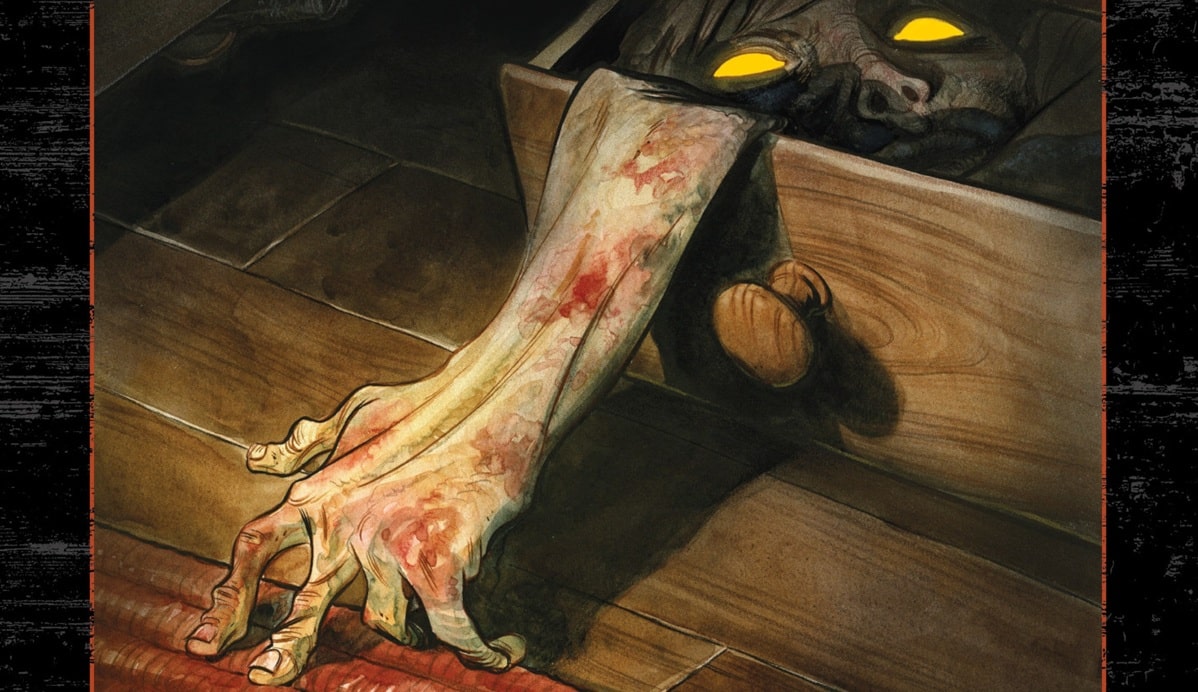




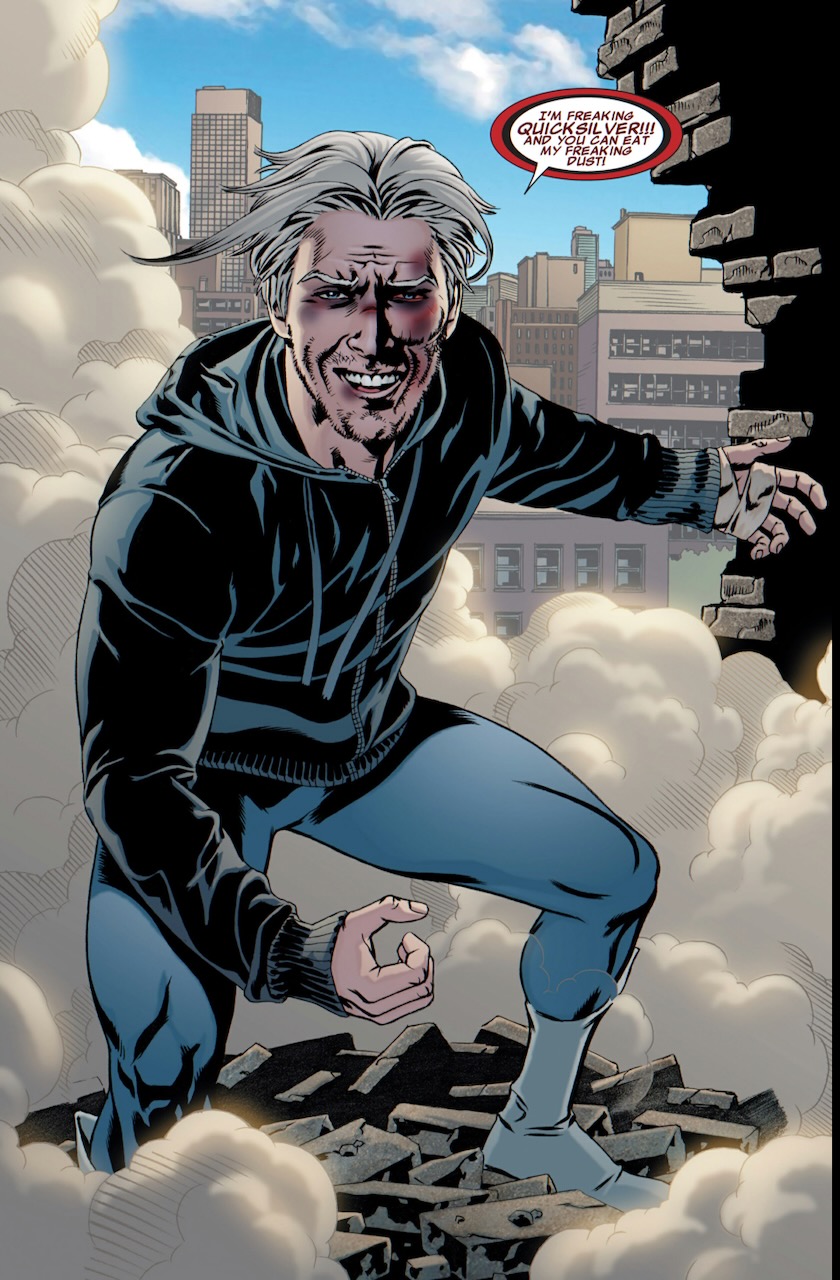
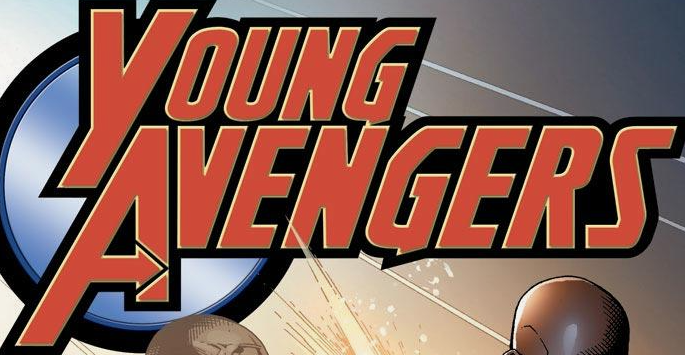

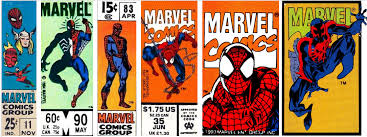
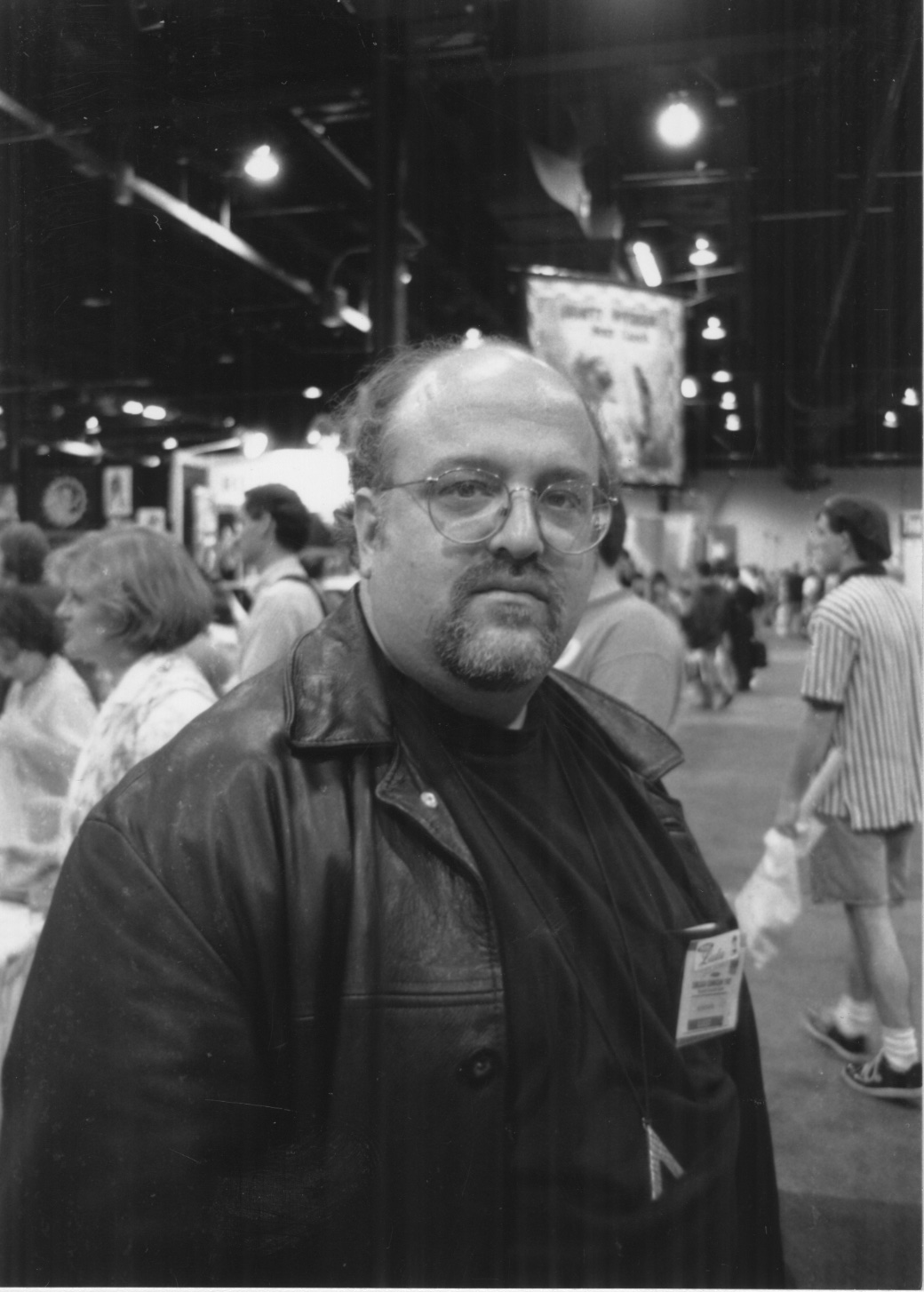
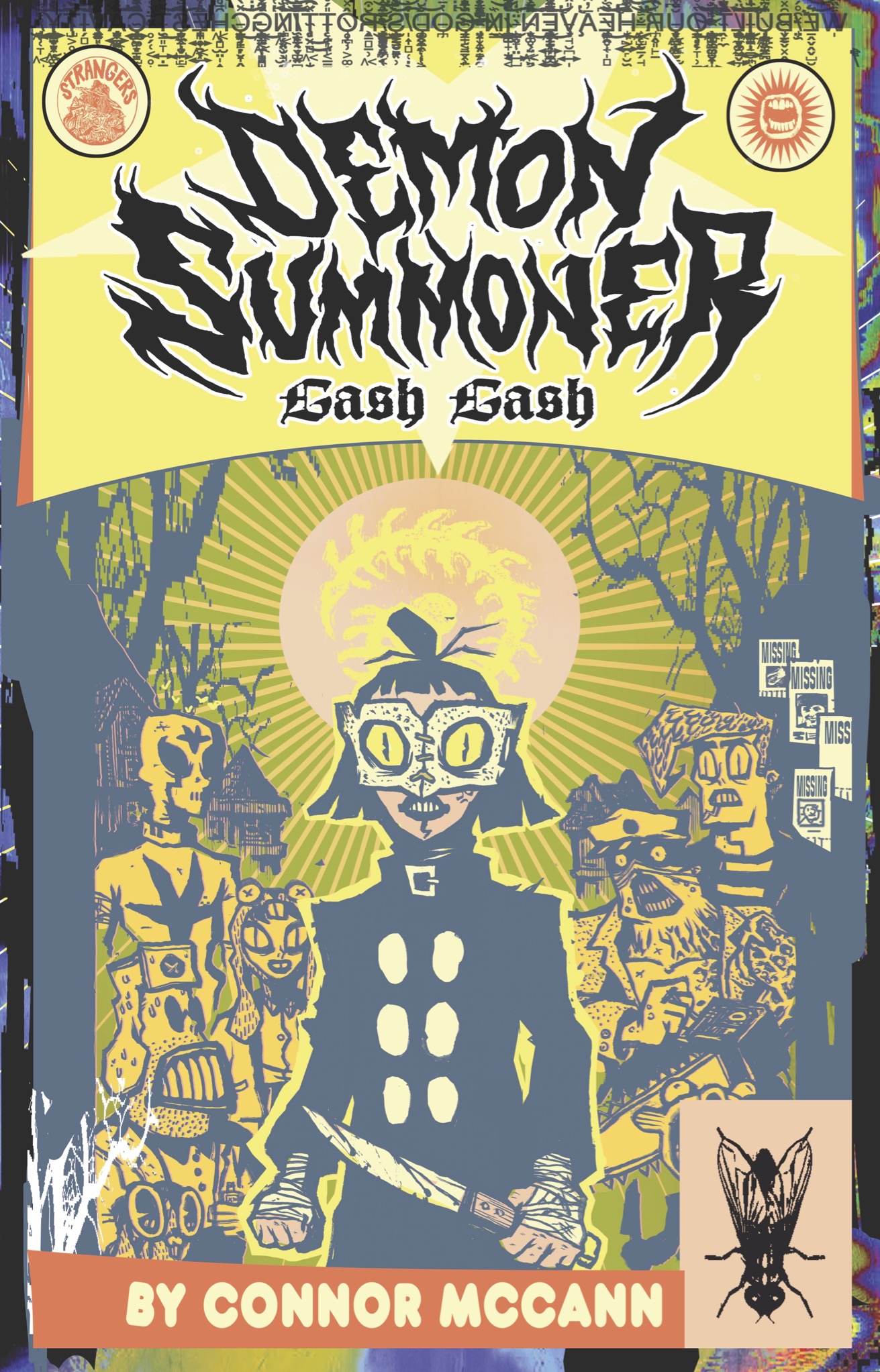

 English (US) ·
English (US) ·